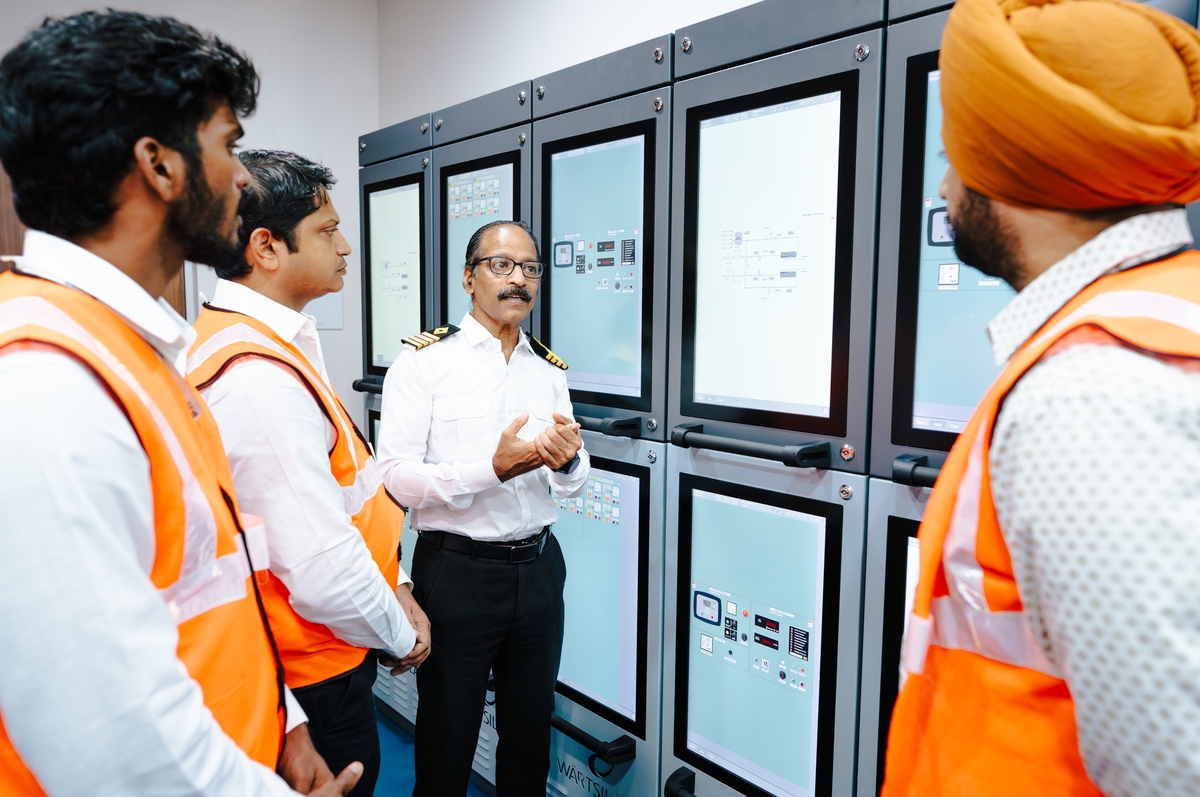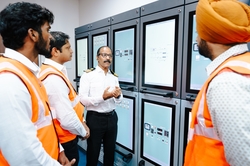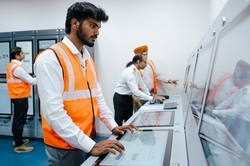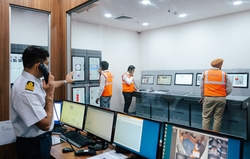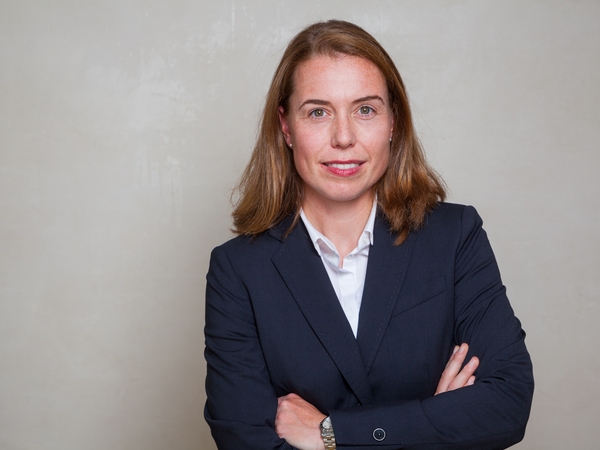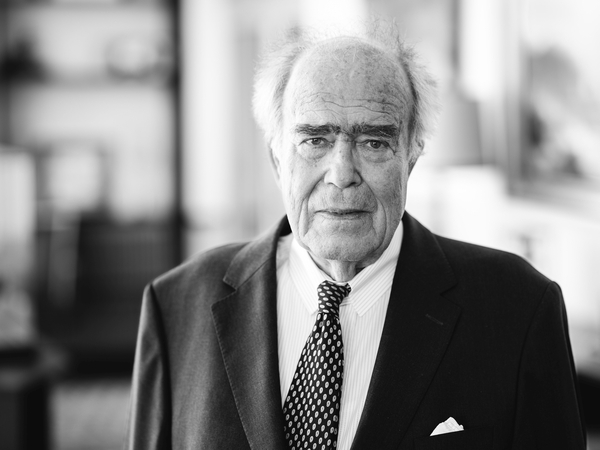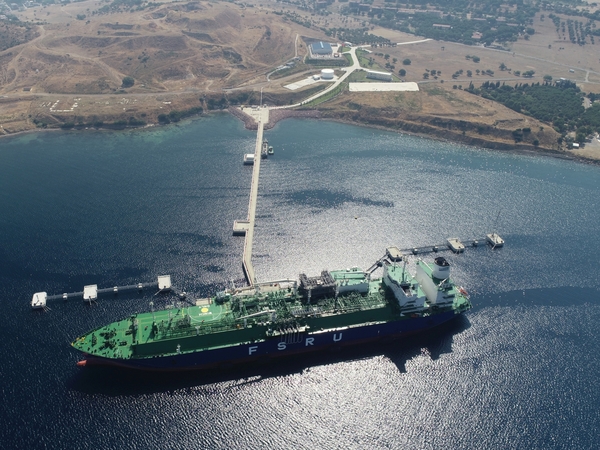As the global shipping industry moves rapidly toward decarbonisation, Bernhard Schulte Shipmanagement (BSM) has launched its first methanol bunkering simulator at its Maritime Training Centre in Kochi, India, in partnership with maritime technology leader Wärtsilä. This state-of-the-art training platform equips seafarers with essential knowledge and hands-on skills to safely handle methanol as fuel, with an ammonia bunkering simulation module to follow in early 2026.
This initiative is part of BSM’s broader strategy to future-proof its training capabilities and ensure operational readiness and safety for the new generation of low- and zero-carbon vessels. “The maritime decarbonisation depends not just on new technologies, but also on the people who operate them. Their capabilities are the foundation for safe and efficient vessel operations and a successful energy transition,” emphasised Sebastian von Hardenberg, CEO of BSM.
The new simulator in Kochi is just the beginning. By the end of 2025, two additional methanol bunkering simulators will be commissioned at BSM’s Maritime Training Centres in Poland and the Philippines, significantly expanding the company’s ability to deliver high-impact alternative fuel training worldwide.
In Q1 2026, BSM will further enhance its simulator in Kochi with a dedicated ammonia training setup. This is rounding out comprehensive simulation coverage through the already existing LNG hub training as well as methanol and ammonia - the three primary alternative fuels driving maritime decarbonisation.
Preparing for a multi-fuel future
BSM’s proactive investment in simulation technology and crew training is directly aligned with developments of its managed fleet. BSM will take over the management of its first methanol-fuelled ships this year—making this training and upskilling efforts a critical foundation for safe, compliant operations. And it is certain that demand will continue to rise: there are currently around 60 methanol-fuelled vessels in operation worldwide. Based on current orders, more than 350 methanol ships are expected to be in operation by 2030.
“We must be prepared for a multi-fuel future,” said Capt. Gurpreet Singh, Group General Manager, Training and Development at BSM. “The new Wärtsilä simulator will allow our seafarers to train in a realistic, risk-free environment, preparing them for the complexities of methanol, and soon ammonia, bunkering operations with precision. It’s not just technology investment—it’s a commitment to competence and safety.”
“We are proud to support BSM in advancing maritime safety and sustainability,” said Johan Ekvall, Director Simulation and Training at Wärtsilä. “Our simulator provides a realistic and technically accurate environment to prepare crews for methanol operations—and the future of green shipping.”
Train-the-Trainer: building knowledge from the top
Recognising that this transition also requires new skills for instructors, BSM is investing in training its trainers as well, e.g. by participating in the world’s first Train-the-Trainer programme on Alternative Fuels for Sustainable Shipping, held in April in Shanghai and organised by the IMO and World Maritime University (WMU). This ensures that BSM’s in-house experts are aligned with the latest global standards and methodologies and skilled to equip ship crews with the knowledge and practical skills required to safely and efficiently handle methanol and ammonia as marine fuels in line with the IMO’s IGF Code.
In this context, BSM has developed a range of training courses aimed specifically at safe handling of the new fuels. In addition to familiarization courses on methanol and ammonium as a fuel, the programme also includes special methanol firefighting courses and simulation-based bunkering courses.
